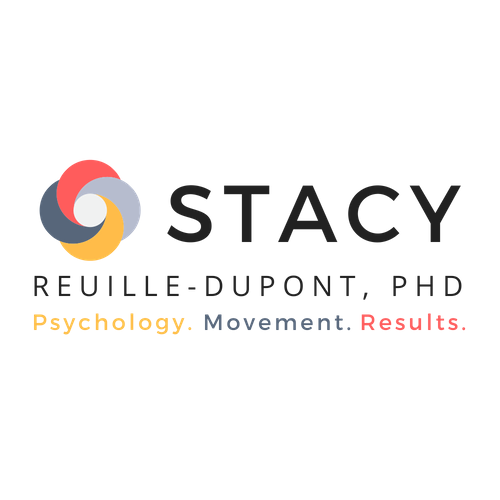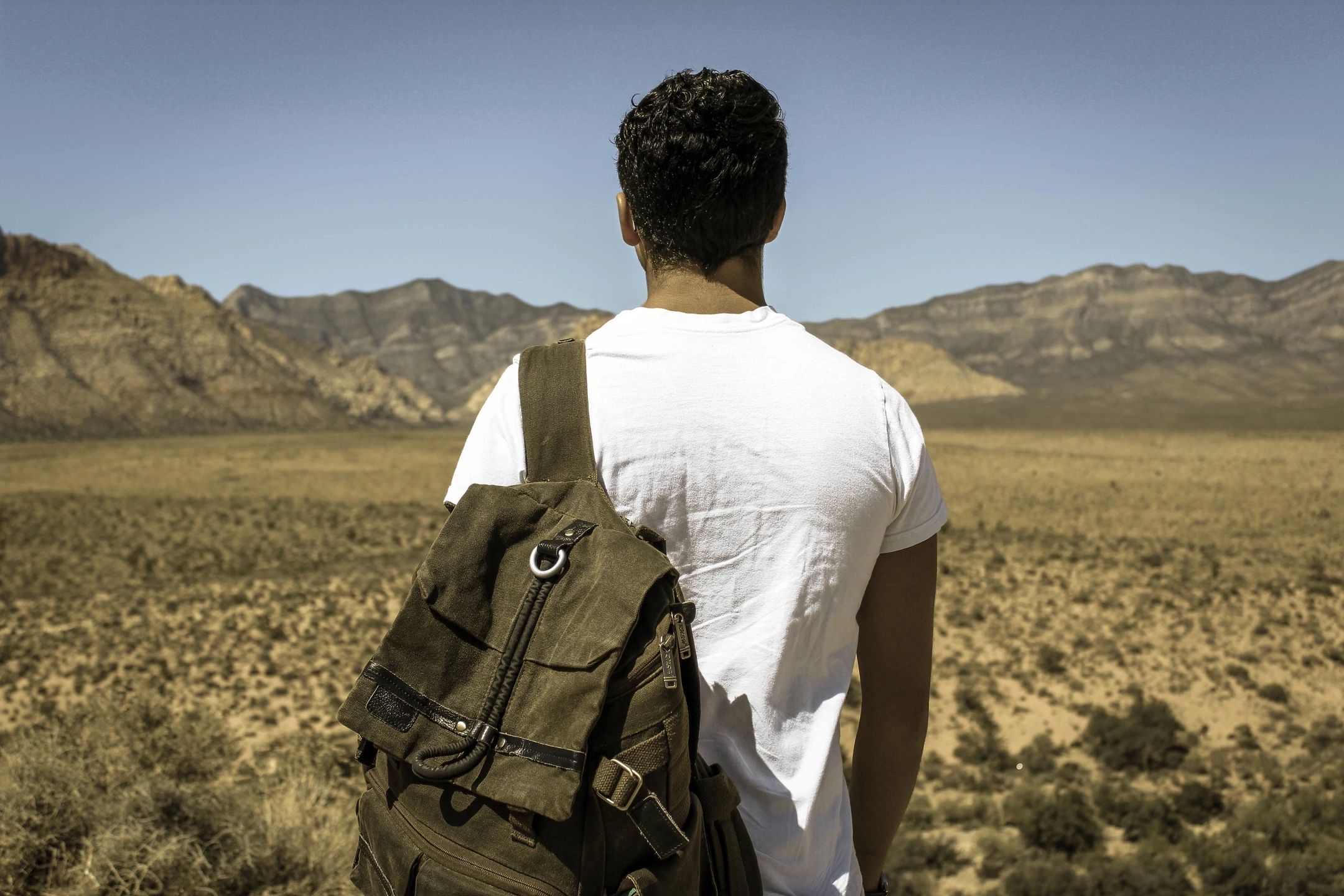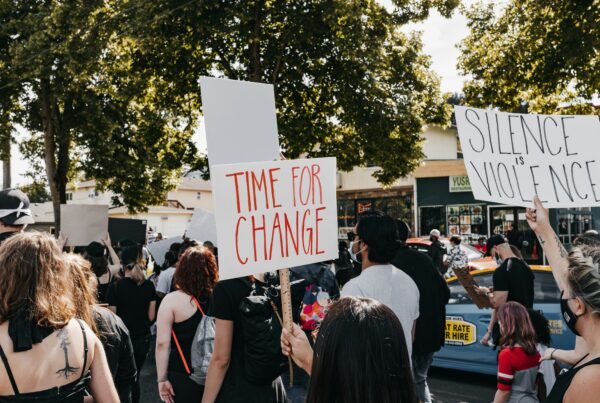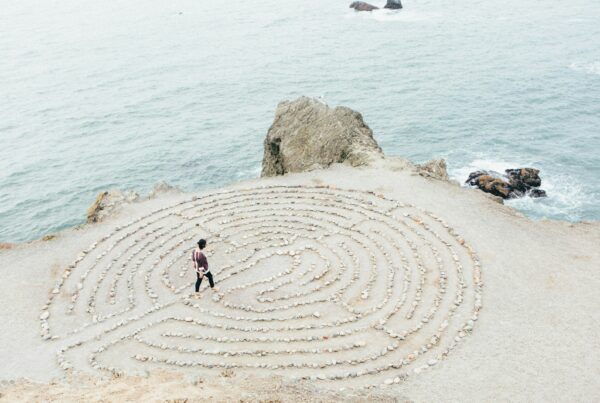In honor of my own spring break trip, this week we are going to look at the need to take a break. Many people talk about how much they need a break, yet many struggle to take one. In a culture that values output, taking a break can feel like laziness or missing out.
Reset
There is a natural need to take a break. Sammonds, Mansfield, and Fray (2017) found that drivers in a simulated experiment showed increasing discomfort as drive time increased and decreased discomfort following the break. A break serves to help us reset our attention and allow us to reconnect with ourselves. By taking advantage of the break we are more energized, productive, and happy in our work (Steinborn & Huestegge, 2016).
Vacation: A Longer Break
Now lets talk about taking a longer break, a vacation (and vacation workouts). So many people never take all their vacation time each year. This is detrimental to our health.
In my research, I studied the impact of chronic psychological stress states on the physical body. There is a cascading effect of the endocrine system when one is under too much stress for too long. During periods of chronic stress the body pumps out a number of hormones and neurotransmitters. When these chemicals are not metabolized in the system they wreck havoc on physical structures.
The impact is things like; chronic pain, joint pain, cardiovascular issues, difficulty sleeping, concentration troubles, sexual problems, obesity, and decrease in skin/hair, nail health to name a few.
When we do not get a break to re-set and recharge our physical system our health suffers.
Practice Breaks
A vacation does not have to be lengthy or costly. You can practice “vacationing” on a regular basis to help yourself reset your system.
You can do the traditional holiday and plan a get away for a few weeks or a month, or you can take 5 minutes and “go away” in your office. The benefits of each are different, however both are helpful. Yoga is also a great way to practice this mindfulness.
25 Vacation Ideas to Get You Started
The Traditional Ideas:
- The beach, mountains, forest, or desert
- Road trip for distance and enjoy the small towns along the way
- National or state park tour
- Bike touring
- Backpacking & Hiking
- All inclusive resorts
- Explore an exotic locale like a local
- Camping
- Hut / cabin trips
- Sailing / boating
Closer to Home:
- Get a screensaver that helps you visualize yourself on a vacation
- Find an app that has guided meditations about locations you would like to visit
- Home spa stay – pick a few treatments you can do at home and plan a relaxing few days in the comfort of your own home
- Enjoy your home town like a visitor
- Sit and enjoy the outdoors
- Explore a new section of town / class / landmark / shop you’ve never been too. Take your time and enjoy the adventure of finding something new
- Enjoy a local sporting event – even if thats on TV at the new locale from #6
- Take in a theater production, symphony, or concert close to home
- Enjoy a really nice dinner – either prepared at home with friends or out on the town
- Road trip to the nearest cool town you want to explore
Mental Vacation
The Hard Part: No matter where your vacation takes you (far from home or just lying down for a unusual nap at home) the trick to taking a break is to really shift your mind away from all the things you have to do, all the chores that have not been completed, and all obligations you have for yourself. Here are some ways to help yourself shift (and stay shifted) away from all those mental actions.
- Write a list of all the things you have to do and give them a date of completion or timeline so you can rest knowing you have already planned for those tasks. You may need to break it into smaller tasks to be effective.
- Recognize that you cannot complete everything before you rest. There will always be more to do. Honor the struggle of chores and be present to the moment you are in, not the one with everything complete and prefect.
- Use headphones to help yourself control stimulation and outside noise while you meditate or rest. It can help you learn to tune out things you do not need to focus on for the moment.
- Learn to follow your breath. The breath is the easiest way into your nervous system. This is because the breath connects you to your heart rate, heart rate signals the brain – rest or run. As you pay attention to your breath, allow yourself to sink into the support you are using. This allows your body to rest as well as your mind.
- Focus on the people you are with, the experiences you are having, and the things you are seeing. As you commit to be present to what you are really doing (not your deadlines and to lists, heaping laundry pile, or the toilet that needs scrubbing), you learn how to shift your attention in the moment, moment by moment, to your experience. This experience becomes embodied and you become more grounded. This translates to more effectiveness in your everyday life and an ability to shift more easily toward resting more often.
Today give yourself the gift of “getting away” – even if only for 5 minutes. Take a break and be present.
References
Steinborn, M. B., & Huestegge, L. (2016). A walk down the lane gives wings to your brain. restorative benefits of rest breaks on cognition and self‐control. Applied Cognitive Psychology, 30(5), 795-805. doi:http://dx.doi.org.tcsedsystem.idm.oclc.org/10.1002/acp.3255
Sammonds, G.M., Mansfield, N.J., and Fray, M. (2017). Improving long term driving comfort by taking breaks: How break activity affects effectiveness. Applied Ergonomics, 65, 81-89.
Thank you for taking the first step in your journey to give your body the rest it needs!
Taking time to go on a vacation can be complicated but once you start prioritizing taking breaks, it will lead to numerous health benefits.
Learn more and reach out!
And as always, if you are struggling to engage fully in your life and would like to see how psychology might be able to help you contact me today!










 Twitter
Twitter Facebook
Facebook Linkedin
Linkedin






